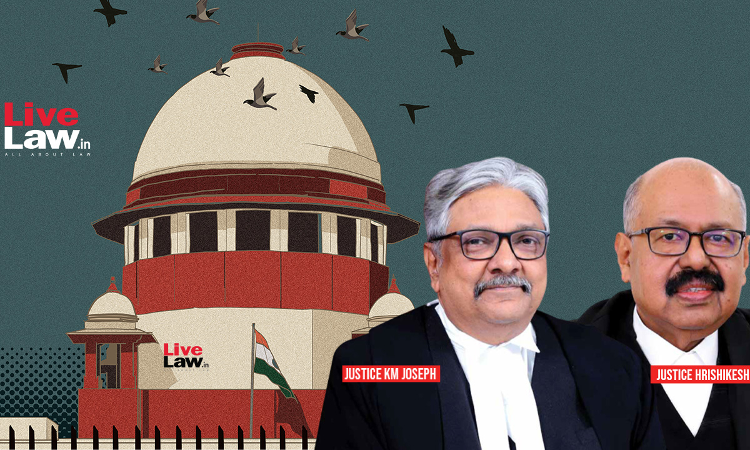Existence Of An Alternate Remedy Cannot Exclude Writ Jurisdiction Of High Court : Supreme Court
Ashok KM
2 Dec 2022 10:27 AM IST

Next Story
2 Dec 2022 10:27 AM IST
The Supreme Court reiterated that the existence of an alternate remedy by itself cannot exclude the writ jurisdiction of the High Court. "A constitutional remedy cannot be barred or excluded as when the High Court exercises its power under Article 226, it cannot be a case of lack of inherent jurisdiction.", the bench of Justices KM Joseph and Hrishikesh Roy observed while considering...
